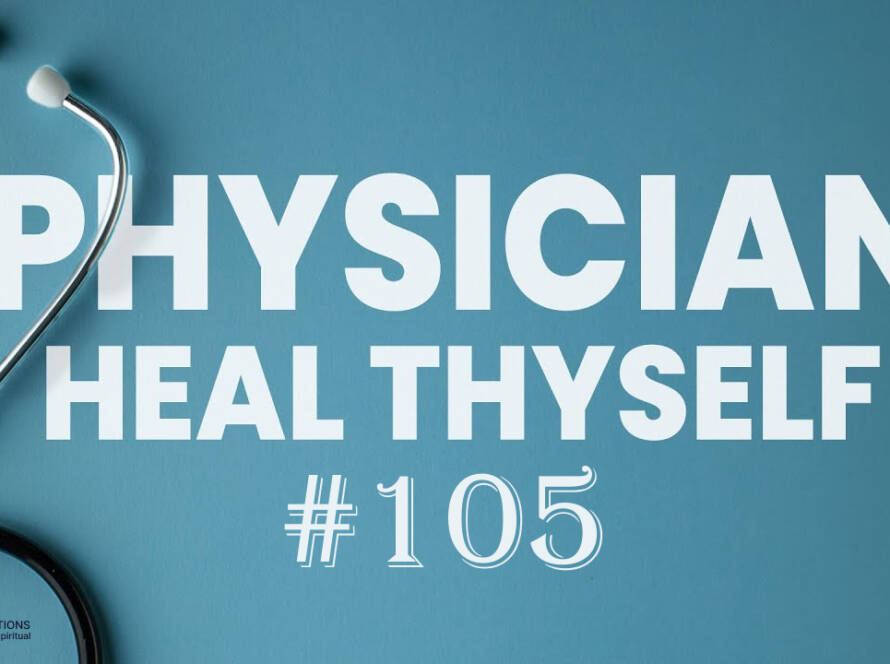The Trinity- One God, three divine persons. The Father is God, the Son is God, the Holy Spirit is God; yet we do not speak of three Gods but only one God, three persons. (3 in 1 )
Don’t ask me how? It’s a mystery I am yet to fully comprehend myself.
However, what can we learn from the Triune God as Christians?
1. The Triune God does not exist in solitary individualism, and neither should you.
Individualism is all about taking care of yourself and getting what you want, when you want, anytime you want and not caring who gets hurt in your wanting process. Imagine a world where it is all about what you want even if it is to the detriment of others.
The triune God is not individualistic, we see it in the way the Father, the Son and the Holy Spirit relate. The Father plans, the Son performs, and the Spirit reveals and enforces what the Father has planned, and the Son has performed. They complement and are always shadowing one another. Look at the baptism of Jesus; as Jesus was in the Jordan, the heavens opened, and the Holy Spirit came down in a dovelike form and the Father spoke from heaven. This is teamwork at its peak.
Individualism can generate aggressive, violent, and unhealthy competition in the church and in our lives. When we are living in an individualistic society, there is always a danger that other people will be seen as objects in the way that needs to be cleared to get what we want. We would start seeing each other as rivals and competitors instead of brothers and sisters.
Look at the rat racing going on in our churches. Members want to get the ears of leadership, leadership also wants to get the ears of their superiors to the extent that we slander, backbite, and lie if it suits and further our self-aggrandizing individualistic agenda.
Every society that is individualistic ends up disunited and broken. Let us learn from the interaction and communion that exist in the triune God and emulate the same. No member of the Godhead ever acts independently or out of sync with the other members, neither should we.
2. Let us adopt the I, God, and neighbors’ principle.
This means that we endeavor to live a relationship of love with God and with our neighbor. When Jesus was asked about the greatest commandments, he summed it up into, love of God and love of neighbor, like one would love oneself.
The love that permeates the Trinity should permeate our lives as Christians. A love that is not greedy and selfish but true, sacrificial, and self-giving. Whatever we do has implications for God on ourselves and our neighbors. May the grace of the Holy Trinity help us to banish all traces of self-centeredness in our lives so we can live in the love of God and neighbor.
3. Say no to oppression
The relationships within God as a triune God discredit any hierarchical power structure in which those lower down are dominated and oppressed by those above in authority.
There is a tendency for the leadership of churches to oppress members. The reason is that power can corrupt and absolute religious power corrupts most. When a person is set as the intermediary between God and man, and that person is not careful, he or she may develop a god complex before you realize it, he or she is kicking everyone around.
Oppression is the act of being cruel or keeping someone down by the unjust use of power and authority. In the relations that exist in the triune God, hierarchy is respected however, the Father doesn’t oppress the Son, neither does the Son oppress the Holy Spirit. They work in communion and unity.
May the grace of our Lord Jesus Christ, the Love of God, and the communion of the Holy Spirit permeate your life now and forever.



